Two new papers aim to quantify the social welfare and economic costs that countries inflict upon themselves by restricting the use of biotechnology in agriculture.
Though the the global production of genetically modified (GM) crops generated an estimated $57 billion in farm-gate revenues in 2016, widespread cultivation of GM crops could have generated an additional $65 billion, with developing countries reaping most of those gains, asserts a paper published by the Council for Agricultural Science and Technology (CAST).
The researchers, drawn from various universities in the United States and Canada, discuss the gains foregone by going GMO-free and touch on the potential impacts on consumers, the environment and farmers.
“Differences between GMO and non-GMO counterparts represent differences in costs, yield protection and overall efficiency, which could continue to grow if the technology is not blunted. Certainly, the economic benefits from GMO crops are crucial, as without economic benefits for adopters, the technology would not have lasted for very long,” state the authors.
Extrapolating similar insights, a paper published in the Journal of Student Research (JSR) notes that GM crop production has resulted in increased farming efficiency, lower production costs due to the reduction of agricultural inputs such as pesticides and rising incomes for developing countries.
While the spotlight has brightly illumed the benefits of GM crops in developed countries, these crops have also provided high returns and rural income to developing countries, the paper notes. Yield gains have increased food supply, which is vital in developing countries where famine is prevalent.
Higher incomes
GM crops have also helped narrow the gap between the wealthy and the poor, the authors assert, citing the case of India, whose foray into Bt cotton farming has raised vulnerable household incomes by 134 percent.
Based on various studies conducted from 1999 to 2005, estimated benefits from GM crop adoption in the US ranged from $334 million to $1.5 billion annually, despite relatively lower adoption rates in the period, the CAST paper notes. The estimated benefits focus on the extra net returns made available by the crop innovation and the value of reduced prices paid by consumers.
In the case of the Philippines, statistical simulations indicate that if Golden Rice were substituted for 70 percent of the rice currently consumed in the country, the prevalence of vitamin A deficiency would decrease by 55–60 percent in women and approximately 30 percent in children. The potential economic benefits of such a move would include a decreased disease burden estimated at between US$16 million and US$88 million annually.
An important finding of the CAST research indicates that non-GM foods are more costly than their GM counterparts, implying that GMOs have contributed to reducing the real cost of food and consumers would face higher prices if GMO options were removed. Scanner data collected from retailers between 2009 and 2016 showed that premiums across four categories of non-GM products (cooking oils, tortilla chips, breakfast cereals and ice cream) ranged from 9.8 percent to 61.8 percent. Premiums for organic — a designation that legally excludes GM products — ranged from 13.8 percent to 91 percent.
Lower food costs
“GMOs have contributed to reducing the real cost of food, and consumers would face higher prices if GMO options were removed,” note the authors.
To this end, GM adoption could also reduce world food prices in that even countries that ban the importation of GM products can benefit from overall lower prices. However, the benefits are lower for countries that restrict their own production of GM foods.
The ability of GM crops to resist certain pests and diseases has translated to significantly high savings for farmers, who can reduce their investments in agricultural inputs and pesticides. A case in point is banana wilt, a devastating disease that has caused up to 100 percent yield losses in sub-Saharan Africa, where a third of the world’s bananas are grown. In field trials, several GM bananas have demonstrated near total resistance to the disease. North American researchers are similarly upbeat over a potential biotechnological panacea to citrus greening, a disease that caused $7.8 billion in losses during the 2006–2007 and 2013–2014 growing seasons.
Farmers can also save time by growing GM crops, rather than conventional varieties, the research shows. GM crops reduce the time producers spend on-farm, even though the time saved is a benefit not typically reflected in traditional calculations of net returns. Farmers place a high value on the time saved and convenience of GM crop adoption, note the authors.
With livestock farming, the benefits GMO adoption include savings resulting from lower feed costs, which account for up to 70 percent of the total costs incurred by US livestock farmers.
Health benefits
Exposure to toxins such as mycotoxins would also be reduced by widespread adoption of insect-resistant GM (Bt) crops.
“In the absence of Bt crops, countries that have stringent requirements for mycotoxin levels would not be able to meet them and would have to pay more for higher quality foods,” states the CAST paper.
Despite widespread and compelling literature on the potential of GM crops to increase farming efficiency and spur economic growth, the researchers cite various market and regulatory factors that encumber the full realization of these benefits. They note that trade barriers targeted at GMOs reduce access to food, limit farm revenues and increase overall prices.
“Regulatory barriers have important implications for global food security, and many of the countries that have not adopted GMOs are among the world’s least food-secure and most reliant on imports as a source of food,” the authors state. “When countries lift trade barriers, it was estimated that imports would increase by an estimated 14.7 percent, which would result in an estimated 4.86 percent reduction in food prices; conversely, a trade barrier decreases access to imports by almost 10 percent and food prices increase by 1 percent.”
The JSR study cites excessive market power given to GM seed producers, high barriers of entry into the GM market due to biosafety procedures, utility patents and international trade asymmetries as the principal barriers of entry into the GM market.
By Joseph Maina



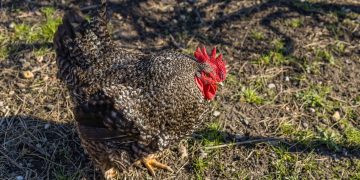

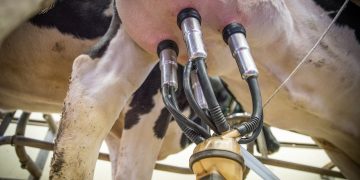

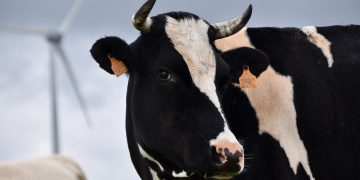













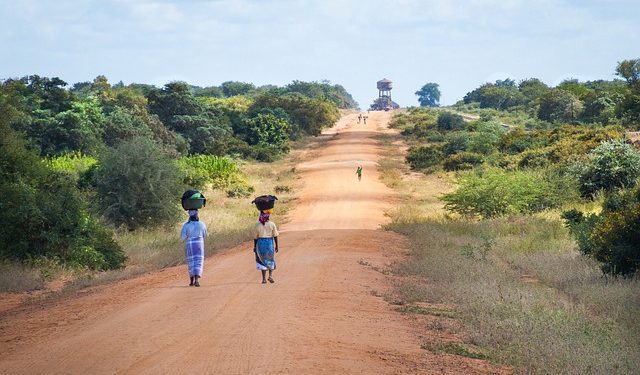


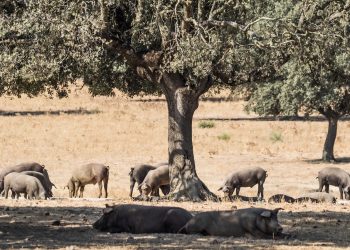





























Discussão sobre este post